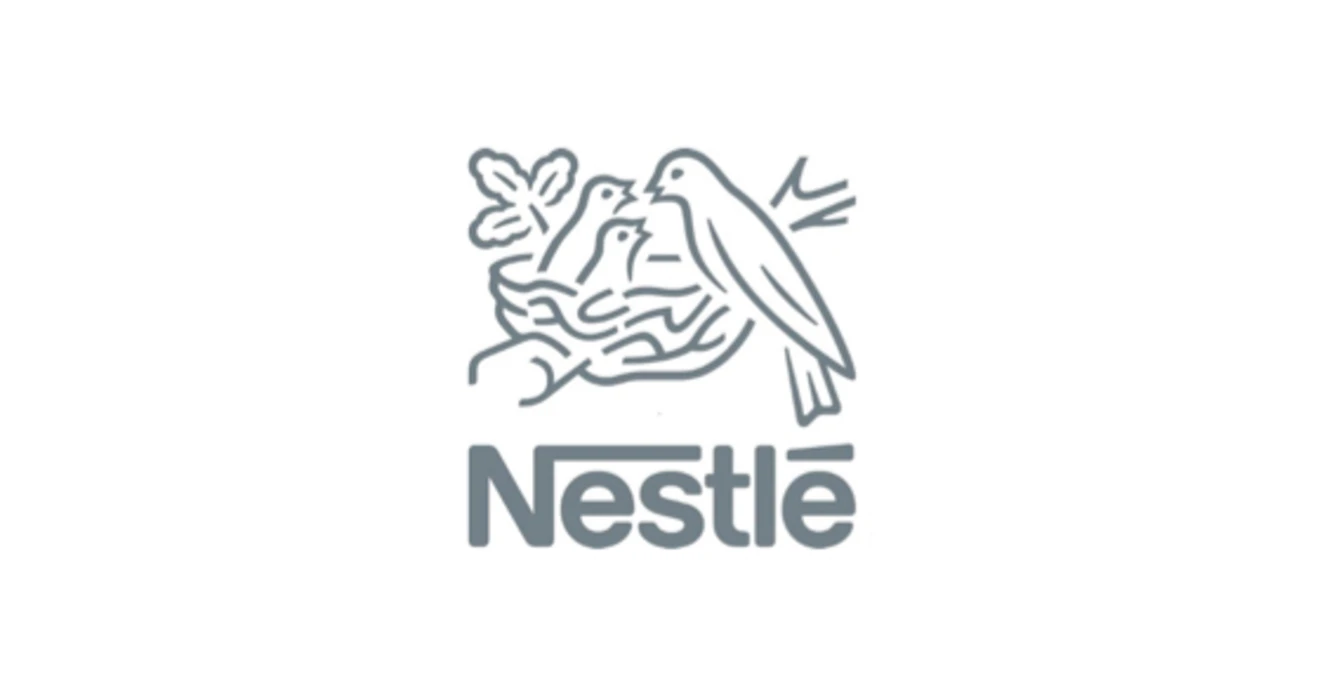Nestlé
Key Information
HQ:
Switzerland
Market Cap:
$251.87bn
Primary Markets:
North America, LATAM, MENA, Europe
Business Type:
Manufacturer
Company Information
Company Summary
Nestlé is a nutrition, health and wellness company, with product categories including powdered and liquid beverages; water; milk products and ice cream; nutrition and health science; prepared dishes and cooking aids; confectionery, and Petcare. The company has a presence in 190 countries.
Revenue
Total revenue:
$104.1bn
Revenue by Geography
Revenue by Segment
Previous Projects

Sustainable Proteins Engagement
Alternative Proteins

